Dispatchers Go Sober in October
- Ryan Dedmon

- Dec 28, 2020
- 3 min read
Updated: Jul 19, 2021
By Ryan Dedmon, MA
911 Training Institute
I was never a heavy drinker… until I started working in 9-1-1.

I grew up in a conservative family in a dry household. My parents didn’t drink. There were not any bottles of liquor or cans of beer in our house. They didn’t order alcoholic beverages when we dined out at restaurants.
I missed the Animal House party days of drunken stupor in college. I attended a private university and was under contractual obligation not to consume any alcohol so long as I was a student at that institution. I pride myself in being a person of integrity. Since I signed my name saying I would do something, then it was important to me I honor it. My 21st birthday? I don’t even remember it. It certainly wasn’t a night out getting hammered. And that’s okay with me.
And then I started working in law enforcement.
I was immediately introduced to all sorts of coping mechanisms that employees tried to use to combat the stress of working in public-safety. Alcohol was one of many. We called it “choir practice”. People on the same shift would get off work and we would all go somewhere to drink together. I, of course, joined them for the camaraderie. But I noticed that many of them didn’t go hang out together and drink for the camaraderie. They drank to de-stress, and they drank excessively.
And then I started working in 9-1-1.
Dispatchers didn’t go to choir practice. When dispatchers got off work, it was a race to see how fast we could get home. We felt exhausted, mentally and emotionally drained from the long hours spent at work. All we wanted to do was get home, have a glass of wine, zone-out to Netflix and try to get some sleep before we had to do it all over again the next day.
Now, I have the opportunity at the 911 Training Institute to teach a lot of different training classes for dispatchers and other first-responders. Their jobs expose them to significant amounts of trauma. In class, we talk about the different things they do in their lives to manage their reactions to traumatic incidents. Without fail, alcohol consumption always comes up.
“It’s not like I became a raging alcoholic overnight,” said one dispatcher in a recent class. “One glass of wine a night turned into three, then turned into five. I just drank to numb everything, but soon one glass wasn’t enough anymore. And soon, it felt like a necessity every night I got home from work.”
Alcohol, in and of itself, is not bad. However, it can become bad when we consume it with the specific intent to “numb” us from distressing thoughts and feelings, especially when alcohol becomes our primary coping mechanism. Our bodies naturally build higher tolerance and then it takes more and more alcohol to produce the same effect. That’s when one glass turns into three, and so on. That excessive consumption can have devastating impacts on our personal health and wellness, particularly when it feels like it becomes a “necessity” that we MUST have every night after work.
In October, Jim Marshall and I will join Ricardo Martinez, the Founder of Within the Trenches Podcast and the IAM911 Movement, in going alcohol-free the entire month. We will do this as part of our Survive & Thrive Fit Challenge, a collaborative partnership, encouraging dispatchers, and all other first-responders, to improve overall health, wellness and their quality of life at home and work.
We are going to re-take control of our health and wellness by proving to ourselves that it is not a “necessity” for us to have a drink. It will remind us that we enjoy an adult beverage in the company of family, friends and those important to us for camaraderie, not because it is our primary coping mechanism to mitigate our reactions to stress. We invite all first-responders and public-safety professionals to join us and “Go Sober October”. If you don’t want to join, then we hope you’ll encourage all who participate.
Join the Survive & Thrive Fit Challenge Crew on Facebook: CLICK HERE.
In the meantime, hold my beer while I Go Sober in October.






Comments